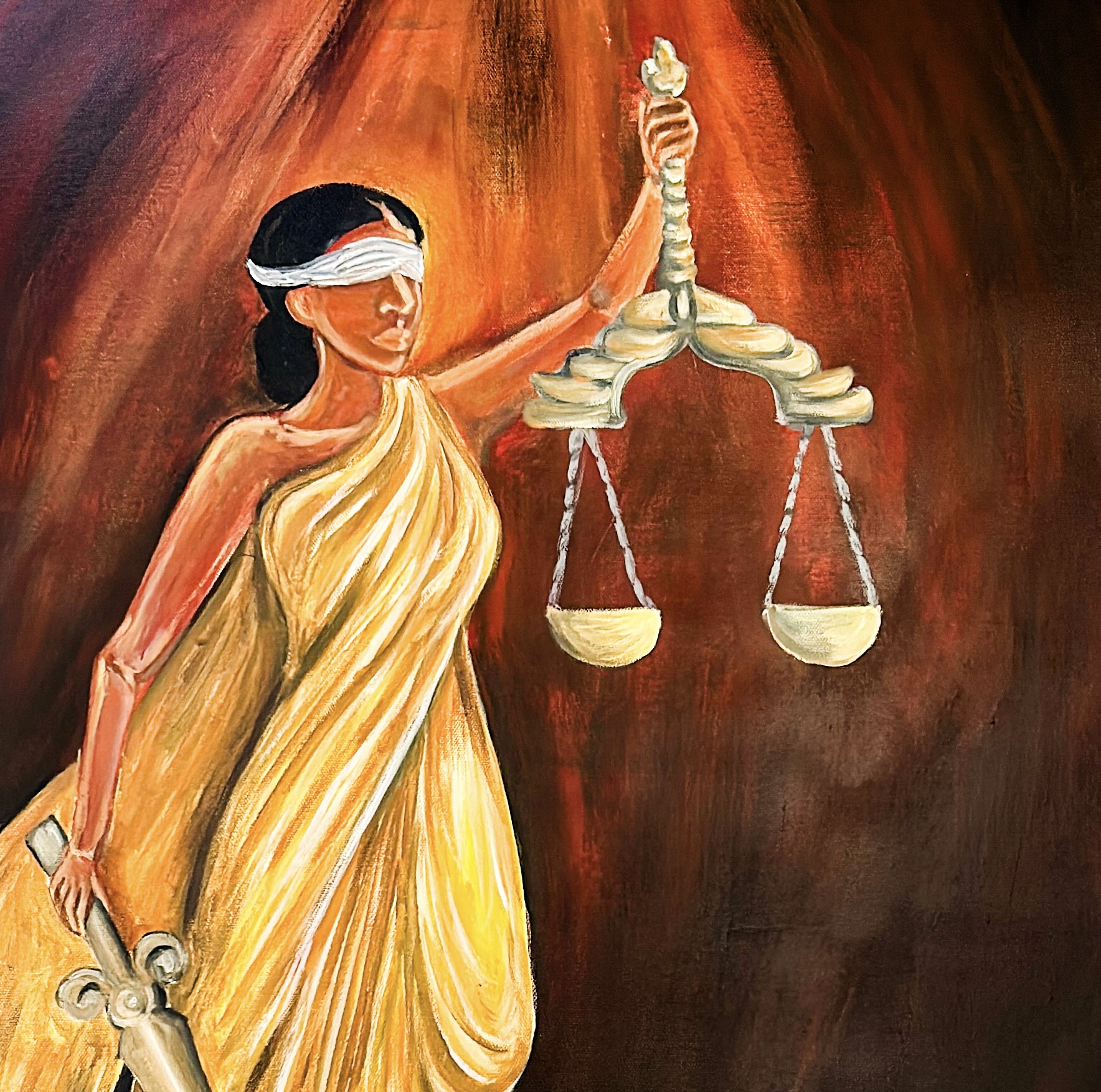Tamil Guardian editorial, London, June 9, 2024
Britain’s Metropolitan Police made a significant announcement this week; only the second of its kind. A man accused of committing war crimes in Sri Lanka was arrested in South London. Though this is just a single person being investigated it sends a powerful message to those in Colombo and other human rights abusers around the world, that they cannot escape justice. British authorities must now follow through.
The move from British Counter Terrorism detectives follows similar action in 2022 when they detained a man over the murder of Tamil journalist Mylvaganam Nimalarajan in Jaffna. The Sri Lankan government-aligned paramilitary group the Eelam People’s Democratic Party (EPDP) are suspected of carrying out the killing. The latest arrest concerns the killing of two Tamils as they campaigned for the Tamil National Alliance in 2001. Both crimes took place over two decades ago, and the EPDP is reported to be behind them both.

The atrocities committed by the paramilitary organisation are well documented. Throughout the conflict it was armed and backed by the Sri Lankan state, carrying out a series of war crimes and other grievous human rights violations. A US embassy cable from 2007 painstakingly detailed how the group operated child trafficking and prostitution rings, extortion, abductions, and murders. Those who spoke out, such as child rights activist Stephen Sunthararaj, were forcibly disappeared never to be seen again. No one has ever been held accountable for any of those crimes. Amongst the Tamil people, the EPDP, and its leader Douglas Devananda, remain notorious.
For the Sri Lankan state, however, Devananda and the other paramilitary groups were a useful tool deployed to strike at Tamil resistance. To this day, they serve a purpose in quelling the Tamil homeland, regions of which are being run akin to fiefdoms. Their loyalty to the Sri Lankan state, no matter who comes into power in Colombo, is rewarded with government postings and impunity for their crimes. Under multiple Sri Lankan governments, these paramilitary groups have continued to operate with the widespread understanding and patronage of the state. Indeed, even in the midst of the ‘Aragalaya’ protests of 2022, whilst every single cabinet member was forced to resign, Devananda continued to occupy his ministerial post.
It is therefore right that war criminals within the EPDP are being pursued and brought to justice. The action from the Metropolitan Police will be welcomed by victim-survivors in the North-East and in the diaspora. For far too long, their atrocities against the Tamil people have gone unpunished. It demonstrates that no matter where or when these crimes were committed, they will not escape international attention.
However, it must go further than these two arrests. Many will criticise how long it took for the two men, who have reportedly been in Britain for a substantial period of time, to face any inquiry from authorities. According to official reports, both are still to be charged. With families of the disappeared and other key witnesses passing away every month, the urgency behind Tamil demands for justice is palpable. Time is of the essence. The fact that the two who were detained are Tamil paramilitaries, rather than the Sri Lankan soldiers responsible for the genocide at Mullivaikkal, will also raise questions about the reluctance of the British authorities to prosecute human rights abusers. War criminals within Sri Lanka’s government and military must not be allowed to believe that justice is only reserved for Tamils accused of crimes. All those responsible must be held accountable.
The arrests are undoubtedly a step forward. But they are too few and far in between. More must now follow. With the failure of Sri Lanka to provide any semblance of accountability, states around the world can and should prosecute war criminals under the principle of universal jurisdiction – a point outlined once more by the UN human rights chief last month. Such moves must also not be sporadic, but should be taken in concert with sanctions, travel bans and asset freezes. Britain, and other countries around the world, must clearly demonstrate that it will not be a haven for those accused of serious international crimes. The message must be louder and clearer. Sri Lankan war criminals must have nowhere to hide.